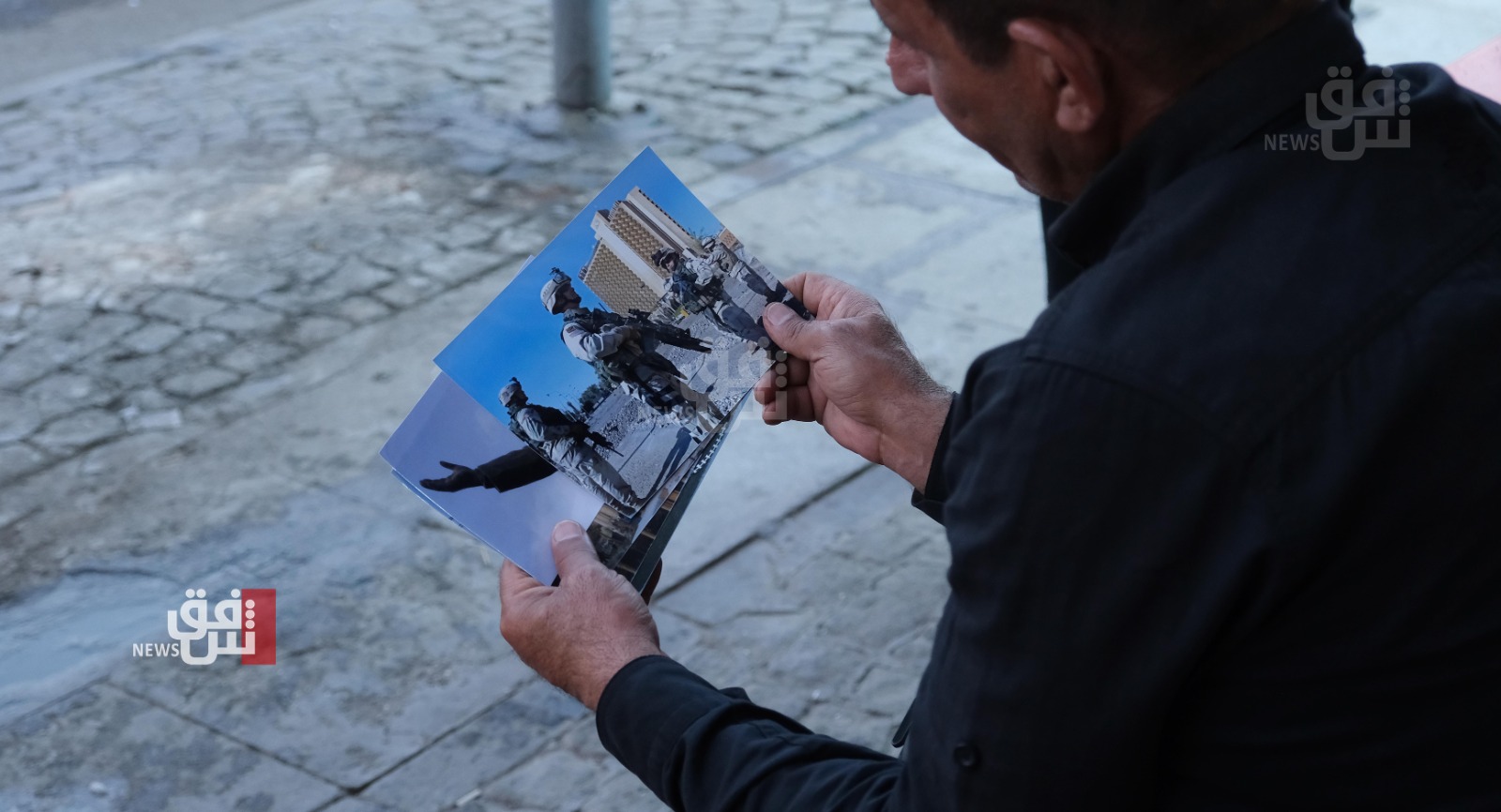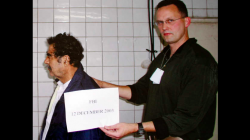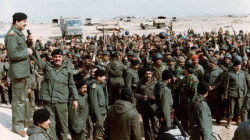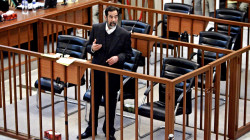Two decades after its occupation.. How do Iraqis remember Baghdad’s fall?

Shafaq News / April 9, 2003, marked two significant events that remain deeply ingrained in the collective memory of the Iraqi people. These events were the entry of US forces into Baghdad and the toppling of Saddam Hussein's statue by a US crane in al-Firdaws Square. These events were viewed as an official declaration of the regime's demise, following roughly three weeks of intense bombardment, and the start of a new Iraq.
In March 2003, an international military coalition, led by the USA and the UK, invaded Iraq and overthrew the Saddam Hussein (1979-2003) dictatorship, which was accused of having weapons of mass destruction and backing terrorist organizations.
Despite initial expectations of a protracted battle, many were surprised by the sudden and swift fall of Baghdad to US forces. This collapse can be attributed to several contributing factors.
According to military expert Maj. Gen. Majid al-Qaisi, the weakness of the Iraqi army after the Gulf War in 1991, particularly in terms of weapons, equipment, military strategy, and the blockade, made Iraq vulnerable. In other words, Iraq was at its weakest point.
With the assistance of 29 other nations, the USA and the UK mobilized up to 293,000 soldiers through four to five military divisions to conduct the occupation process. Even so, they were astounded by their ability to take over Baghdad in just 19 days.
Plan 1003, which was prepared to occupy Baghdad, anticipated that it would take 90-120 days to control the Iraqi capital. However, the vulnerability of the Iraqi armed forces, which was compounded by the lack of an air force, low tank reserves, and traditional tactics, contributed to the lack of equal performance, and Baghdad fell.
Al-Qaisi also highlighted that political factors played a role in the occurrence of major mistakes, as the military and political decision was in the hands of one person, in addition to political conflicts with regional and international countries.
Following the fall of Baghdad, large-scale looting broke out in the capital and some other cities, which was broadcast around the world. The US army only protected the buildings of the Ministries of Oil and Interior, including intelligence, while other institutions such as banks, armories, and hospitals were left undefended.
This day remains deeply ingrained in the minds of Iraqis and continues to divide them. Some consider it occupation, while others view it as liberation. Moreover, some governorates suspend official working hours on this occasion, while others do not, demonstrating their divergent views on the matter.
Security expert Alaa al-Nashou' believes that since Baghdad was historically the capital of the Arab Islamic state from the second to the seventh century A.H., and since it is the capital of the world and a beacon of science and knowledge, it was not defeated but occupied.
He adds that Baghdad remains, and the occupiers will eventually leave. It has been occupied by the Mongols, Tatars, Ottomans, Persians, British, and Americans, but it has remained. The US, the UK, and the Global Coalition fabricated several fallacies, including the claims that Iraq had WMD and posed a threat to global peace and security, which turned Iraq into a center of international intelligence agencies and a refuge for all extremist groups worldwide.
Writer and political analyst Ali al-Baydar notes that Iraq is witnessing a weakening of the state notion in favor of political parties and movements. Entire institutions are now controlled by a single family or faction, which has dispersed the government's effort and prevented the implementation of past ministerial curriculums.
He confirms that Iraq needs to create a legitimate state by enacting laws, regulations, rules, and other legal and constitutional provisions, and the current prime minister aspires to create radical innovations, re-establish citizen confidence in government institutions, and turn the state into a partner in success and a means of overcoming failure.
He adds that there is a desire even at the regional and international level to save Iraq from its reality. The world needs Iraq today more than ever, especially in light of the Ukrainian-Russian crisis. Therefore, it is necessary to end internal crises to overcome external ones and build a state of institutions and absolute patriotism.





